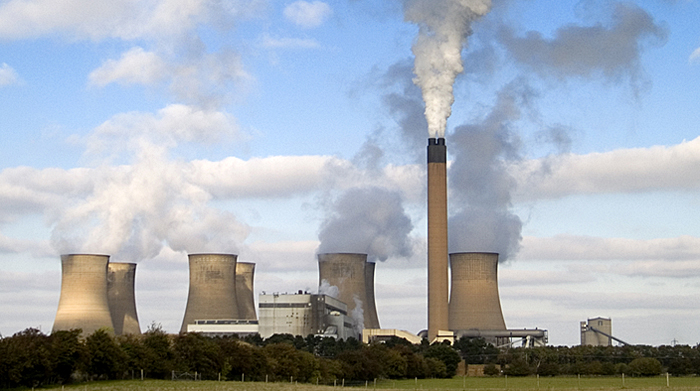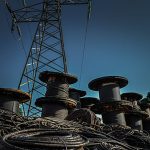New EPA Pollution Limits Expected to Strain Grid Reliability

Image courtesy of Jon Pinder under Attribution-NonCommercial-NoDerivs 2.0 Generic License, resized to 700 x 391 pixels.
The U.S. Environmental Protection Agency (EPA) released on 4/25/24 a package of new rules governing pollution limits for coal-fired power plants. Unfortunately, according to a plethora of industry experts including but not limited to top executives from the Edison Electric Institute (EEI), American Petroleum Institute (API), and the Electric Power Supply Association (EPSA), these new limits will likely negatively impact grid reliability. Not exactly a ringing endorsement, to say the least!
Why the EPA’s New Pollution Limits Could Hurt Reliability
So, what exactly do these industry executives not like about the EPA’s new guidelines? Their main source of ire seems to be the rule that requires existing coal-fired plants as well as new natural gas-fired power plants to reduce greenhouse pollution by a whopping 90%. There was also a lot of concern around the fact that plant owners and operators were not consulted by the rule makers. But that’s not all, folks; they also take issue with the following regulations applicable to coal-fired plants:
- More stringent limits on mercury emissions.
- Tougher restrictions on seepage of toxic ash into water supplies.
- A requirement to reduce by over 660 million lbs. per year the pollutants discharged through wastewater.
The critics charge that encouraging new generation capacity and improving the infrastructure permitting process are more pressing needs than setting new pollution limits. Although existing natural gas plants are exempt, the focus on emissions will restrict the development of new gas-fired plants which, in turn, could potentially hurt reliability. In addition to stymying new investment, the rules rely on technology that is currently not available.
A quote from ESPA’s President & CEO Todd Snitchler sums up why these industry players are not in favor of the new pollution limits: “The almost certain result will be higher prices, diminished reliability, and even increased emissions, by stymying investment in new, highly efficient natural gas facilities to displace older, higher emitting, and/or more expensive resources.”
It’s unclear if the EPA will be willing to make adjustments based on the industry feedback, but one thing seems clear – the focus on pollution limits at the expense of other critical factors is a debatable course of action.



